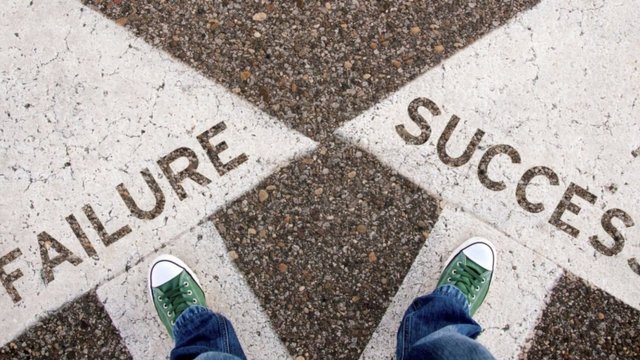Despite your misfortune, there are still ways to turn your mistake into a valuable lesson. Listed below are some tips for embracing your mistake and moving on. You can also share your experiences with coworkers and others to make the office more productive. As a final tip, turn your mistake into a learning experience to improve your logic. You can also use it as a basis for your next career move.

Taking ownership of a mistake
Acknowledging mistakes is a crucial step toward learning from them. After making a mistake, you should take responsibility for it, apologize to the people you wronged, and take steps to avoid the same mistake in the future. It may take some courage to say "I'm sorry," but it will also show your integrity and strength of character. It is also important to remember that the incident may have repercussions that may cause more stress or inconvenience.
Initially, mistakes may be viewed negatively, but they are not always. Taking ownership of a mistake can lead to a better understanding of oneself, better communication skills, and improved processes. Even if you make a mistake that you're not proud of, the process will help you become more resilient and successful. Once you've analyzed what went wrong, you can then take action to correct it.
Writing down thoughts
It may sound trivial, but writing down your mistakes can improve your logic and allow you to learn from them. By writing about your mistake, you can better understand why you made that mistake and what you can do to prevent it in the future. Learning from mistakes will help you improve your decisions in life. Also, writing about your mistakes will help you compartmentalize your issues and improve your reasoning. A valuable life lesson is one that can't be taught in a classroom.
Often, mistakes are viewed negatively, but in reality, they are just valuable lessons to learn from. Rather than focusing on the negative aspects of your mistake, turn it into an opportunity to grow and improve. Consider sharing your mistakes with coworkers or sharing them with other people. They will likely benefit from your experience and might even inspire them to improve their own processes. And, once you know that you've learned from your mistake, it's much easier to bounce back and learn from it.
Constructive criticism
There are two basic types of criticism: constructive and destructive. The first is meant to point out the error and demonstrate how to improve it. While the second is meant to hurt, constructive criticism is meant to be more useful and less painful. Regardless of the form, constructive criticism can be valuable if used in the right way. Ultimately, it should be a positive experience for both parties involved.
The best way to receive constructive criticism is face-to-face. You can clarify assumptions by seeing the other person's body language. The curse of knowledge and cognitive bias can both affect our interpretation. By making eye contact, you can avoid biases that could cloud your perception of a mistake. It's also helpful to have a broader view of the person's situation than you're able to get in a text or email.
Moving on after a setback
Moving on after a setback requires that you accept the reality of the situation and move on with your life. It's common to feel frustrated or even sad after a setback. But instead of dwelling on what happened, take some time to analyze what went wrong. Talk to those involved in the setback, read books on similar situations, and seek professional advice if needed. A setback is an opportunity to learn from and channel your negative energy into something positive.
Learning to move on after a setback can feel liberating. In fact, Tonja Demoff, a professional speaker and author, has been in your shoes and experienced both success and disappointment. Her Fresh Start System will show you how to let go of past disappointments and move forward in a positive way. To learn more about Tonja Demoff's Fresh Start System, sign up now! You'll be glad you did!
The Only Failure in Life is Not to Be True to the Best You Know
Buddha's famous quote, "The only failure in life is to not be true to the best you know," says it all: 'Life is not a competition, but a journey. The only way to make it to the top is to live it. What do you know about life? Is it as good as you think it is? Or is there more to it?

False
Those who follow the teachings of Buddha know that failure is to not be true to the best version of oneself. The four Noble Truths of Buddhism include the Truth of Suffering, the Truth of the Cause of Suffering, and the 'Truth of One's Own Self'. This quote is an excellent guide for us all. By living by these principles, we can avoid failure and become happier people.
@basnoli nice post...keep it up
Downvoting a post can decrease pending rewards and make it less visible. Common reasons:
Submit